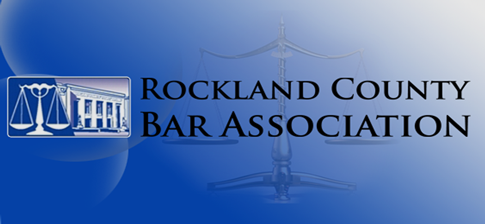During the divorce process, assets need to be divided between the spouses. To do this, they can enter into mediation or litigation. During mediation, they can make compromises with one another on who will own what assets and properties. In court, a judge will be in charge of making these decisions for the couple. In New York state, judges use equitable distribution to decide on the division of assets. Equitable distribution is a concept that focuses on a fair and just division of assets. This does not mean the assets will be divided equally between the spouses though. It is at the discretion of the judge to decide what is fair and just, not equal. This can cause them to consider many factors relating to each spouse’s life. Judges will take into consideration a few factors when deciding how to dole out possessions. These factors can include the duration of the marriage, the value of the property, the acquisition of the assets, age and health, contribution to the marital property, economic circumstance, possible tax consequences and debts and liabilities.
Are marital and exempt property both distributed?
Marital property and exempt property are two different categories of assets mentioned in divorce. Exempt property is considered to be separate based on the ownership of one spouse before the marriage occurred. This property is not included in the division of assets. Marital property was acquired during the marriage. Therefore, it is included in the deliberation for the division of assets. These assets and properties can be divided between the couple in whatever way the judge sees fit. Prenuptial agreements may be in place to further emphasize what is owned by each individual.
Can mediation decide the division of assets?
If couples decide to go through divorce mediation, they can divide their assets. They can meet with a third party mediator to guide the conversation. In this atmosphere, the individuals may be able to acquire possessions that they value. Since a judge is not the one making the decisions, it may result in a more favorable outcome. However, mediation is not for everyone since it requires the cooperation of both parties.
Our firm proudly serves clients throughout Rockland County, New York when they require compassionate and effective legal guidance. If you require experienced legal representation for any of your divorce and family law matters, contact the Law Offices of Mark S. Paige, P.C. today to schedule a consultation.










